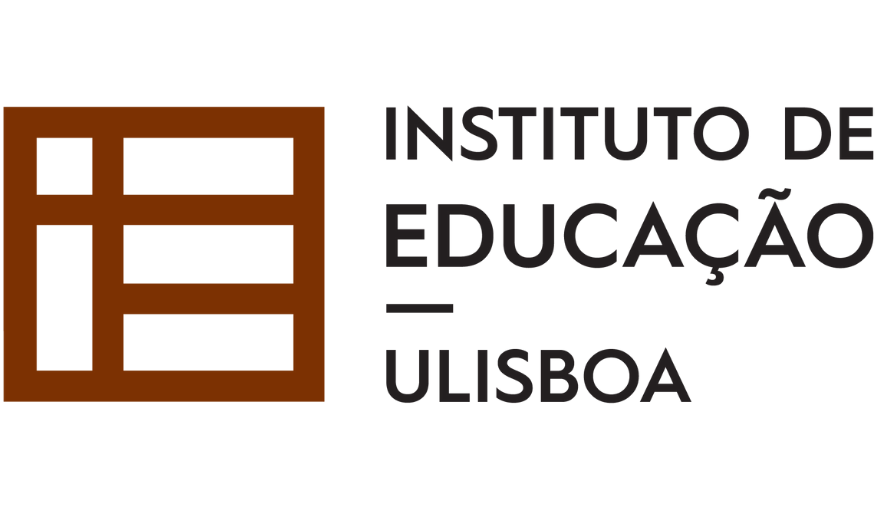UIDEF Research Lines
UIDEF – Education and Training Research and Development Unit
Research lines and specific knowledge-advanced objectives:
RL1 Technologically Enriched Learning Environments
KAO1 The study of the effects of emerging technologies and AI on the development of pedagogical approaches promoting active citizenship
KAO2 The study of the effects of emerging technologies and AI on learning in disciplinary and interdisciplinary contexts
RL2 New Dynamics of Professional Induction
KAO1 To design, mediate, and analyze PB and CB processes within the context of HE-school’s partnerships for basic and secondary teachers professional induction
KAO2 To expand and deepen the analyses of different within the HE sector, particularly focusing on the tensions and complementarities between formal and informal learning contexts
RL3 Empowerment of Educational Communities for Inclusion
KAO1 To develop studies and methodologies to empower learning communities in complex environments with high sociocultural diversity
KAO2 To deepen knowledge about the social dynamics in educational contexts and their effects on students’ social participation and engagement in meaningful and effective learning experiences
RL4 Transformations in the Governing of Education
KAO1 To deepen studies on new policy actors and instruments, namely on the participation of non-state actors (e.g. philanthropies, media) in policy processes, and on the trajectory and effects of data-based instruments such as digital platforms and international large-scale assessments
KAO2 To design, mediate, and analyze the enactment of alternatives to competitive Darwinism in educational governance, leadership, and accountability

